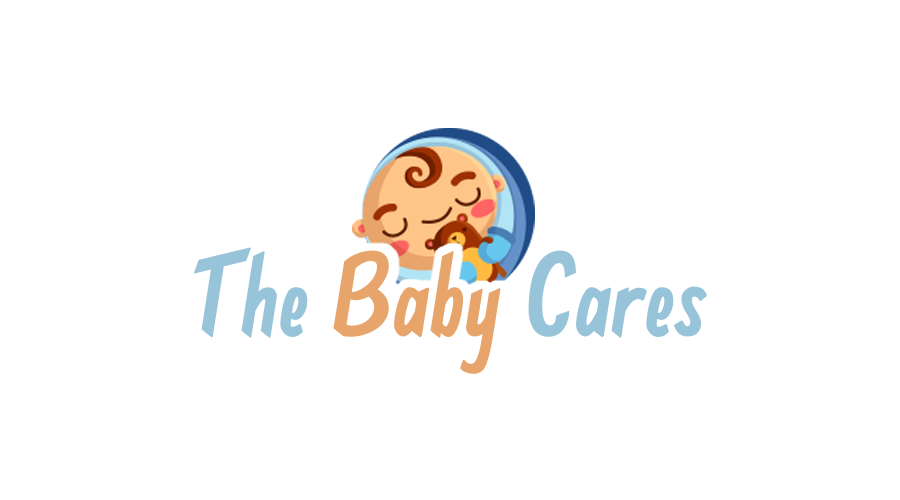Welcoming a baby into the world brings a mix of joy, excitement, and often a bit of anxiety for new parents. Knowing the basics of baby care helps parents feel more confident and equipped to nurture their newborn. This guide will cover essential aspects of baby care and explore valuable parenting resources, including those specific to Virginia parenting resources.
- Feeding Your Baby
Feeding is a cornerstone of baby care. Whether you choose breastfeeding or formula, ensuring your baby gets proper nutrition is critical in the first few months of life.
- Breastfeeding: The American Academy of Pediatrics (AAP) recommends exclusive breastfeeding for the first six months. Breast milk provides vital nutrients and antibodies that boost your baby’s immune system.
- Formula Feeding: If you opt for formula feeding, ensure that it’s prepared according to the instructions. Sterilize bottles and nipples before each use to avoid contamination.
- Introducing Solids: Around six months, your baby may be ready to start solids. Introduce one new food at a time to monitor for any allergic reactions.
- Diapering Essentials
Babies require frequent diaper changes. On average, newborns may need to be changed up to 10 times a day.
- Diapers: Whether using cloth or disposable, change your baby’s diaper as soon as it’s wet or soiled to avoid diaper rash.
- Diaper Rash Prevention: Use a diaper rash cream with each change and allow your baby’s skin to air dry for a few minutes before putting on a new diaper.
- Sleep Basics for Babies
Babies sleep a lot, but not always when it’s convenient for parents. Understanding newborn sleep patterns is crucial to establish healthy habits early.
- Safe Sleep Practices: Place your baby on their back in a crib with a firm mattress to reduce the risk of sudden infant death syndrome (SIDS). Keep the crib free from toys, pillows, and blankets.
- Sleep Schedule: Newborns sleep for about 16–17 hours a day, but it’s often in short bursts. Establishing a bedtime routine as they grow helps create consistency.
- Baby Hygiene and Bathing
Keeping your baby clean and maintaining proper hygiene promotes their overall health.
- Bathing: Newborns don’t need daily baths. Two to three times a week is sufficient until they start crawling. Use lukewarm water and a gentle baby wash.
- Umbilical Cord Care: Keep the area dry until the cord falls off, which usually happens within the first two weeks. Avoid full baths until then, opting for sponge baths.
- Bonding and Developmental Activities
Bonding with your baby is vital for their emotional and psychological development. Skin-to-skin contact, cuddling, and eye contact are simple ways to connect with your newborn.
- Tummy Time: Encourage your baby to spend time on their tummy while awake. This helps strengthen their neck and shoulder muscles, crucial for later milestones like crawling and sitting up.
- Reading and Singing: Even at a young age, reading and singing to your baby stimulates their brain and supports language development.
- Health Checkups and Immunizations
Regular pediatric visits are essential for monitoring your baby’s growth and development.
- Vaccinations: Follow the recommended immunization schedule to protect your baby from preventable diseases.
- Wellness Visits: These checkups are an opportunity to track your baby’s height, weight, and developmental milestones. Don’t hesitate to ask questions or raise concerns about their health.
- Parenting Resources
Navigating baby care can be overwhelming, but there are numerous resources available to support new parents.
- Parenting Resources: Online communities, apps, and blogs offer advice on a wide range of topics, from feeding tips to sleep training. Additionally, pediatricians often provide printed materials or recommend parenting books.
- Virginia Parenting Resources: For parents in Virginia, there are excellent local resources. Programs such as the Virginia Department of Health’s Healthy Families Virginia offer home visits and parenting education. The Virginia Early Childhood Foundation connects families to early childhood programs that support health, education, and child development. You can also find local parenting groups and classes through hospitals and community centers across the state.
Conclusion
Mastering the basics of baby care involves learning key practices around feeding, diapering, and sleep while also tapping into resources that offer guidance and support. Parenting resources, particularly Virginia parenting resources, provide valuable tools for new parents to ensure their baby grows up healthy and strong. As you embark on this incredible journey, remember to ask for help when needed and enjoy the special moments with your little one.



